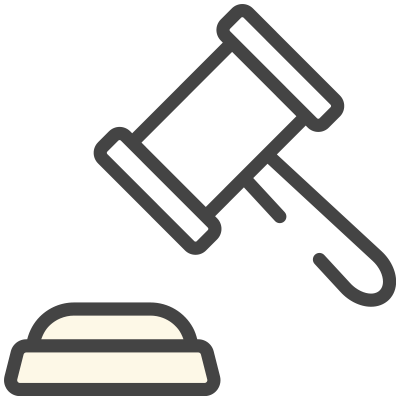
Appeal to Authority
The fallacy of appeal to authority makes the argument that if one credible source believes something that it must be true.
Example of Appeal to Authority
- If the Pope says that an aspect of doctrine is true, then it should be added to the creed, since he is infallible.
- The mayor said that the crime rate is down. The statistics claiming otherwise must be erroneous.
Since the mayor is in charge of the city and supposedly aware of the goings on his statement should supersede statistical data.

Books About Logical Fallacies
A few books to help you get a real handle on logical fallacies.
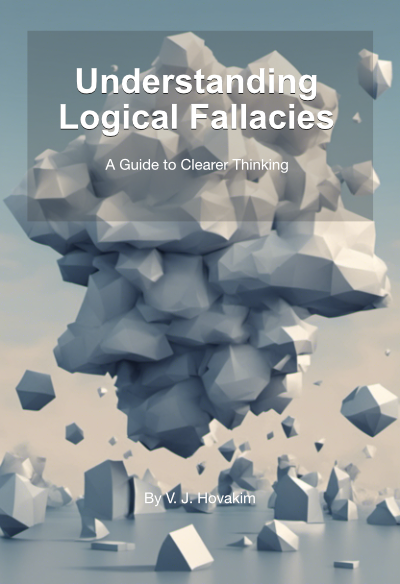
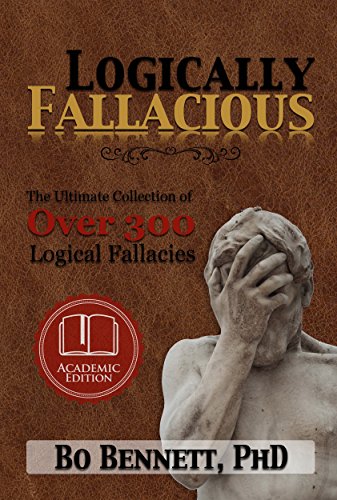
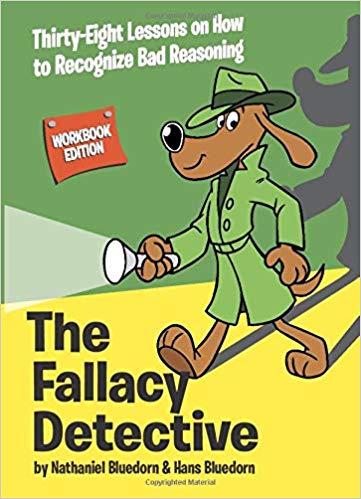
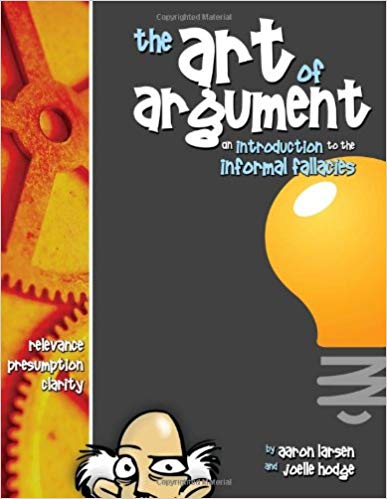
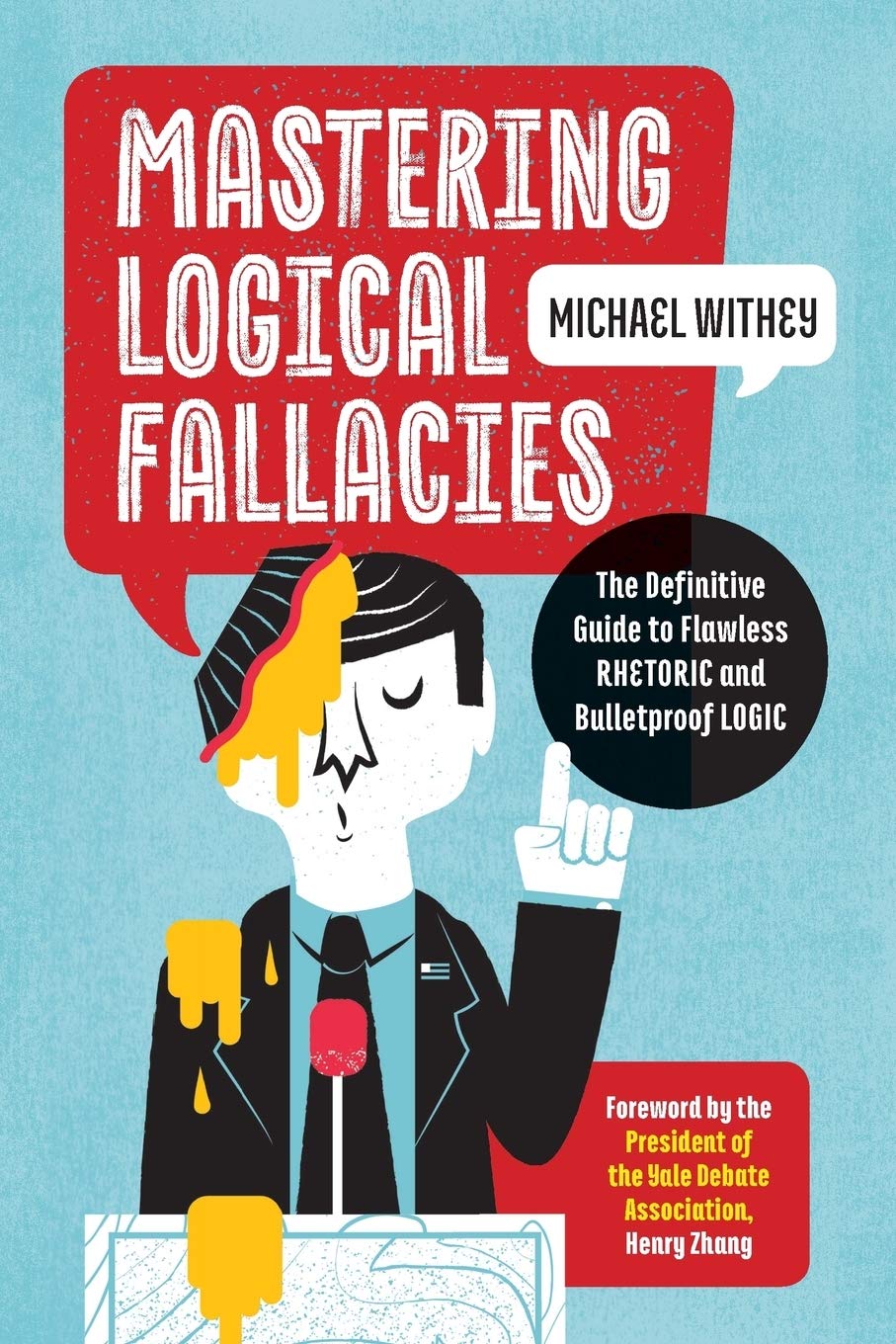
Appeal to AuthorityExtended Explanation
The Appeal to Authority fallacy is a logical fallacy which occurs when an individual attempts to validate an argument or claim by citing an authoritative source. This can take the form of citing an individual as an authority on a particular subject, or citing a source that is generally viewed as being an authority on the subject. This type of fallacy is often used to present an argument as being beyond debate, when in fact there may be valid counter-arguments or evidence which could refute the argument.
The Appeal to Authority fallacy is based on the assumption that the cited authority is correct and that the argument is valid simply because it is being made by an authority. This can be a dangerous assumption to make, as authorities can be wrong, and their opinions may not be based on fact. Additionally, it is important to note that an authority does not always have the final say on a subject, as there may be other experts with different opinions who may have greater knowledge of the subject.
The Appeal to Authority fallacy is commonly seen in debates or discussions, where one party will cite an authoritative source in an attempt to validate their argument. This type of fallacy can be used to create arguments with the intention of convincing the listener without providing evidence or rational arguments to back up their claims. In many cases, the individual using the Appeal to Authority fallacy may not have any actual knowledge or expertise on the subject they are citing, but are simply relying on the authority of the source they are citing.
The Appeal to Authority fallacy is a logical fallacy and should be avoided when making an argument. It is important to remember that authorities are not always correct and that the argument should be based on facts and evidence. Additionally, it is important to consider other sources of information and to seek out multiple perspectives when forming an opinion on a subject.